The Construction Engineering Management (CEM) program welcomed a total of 55 new students during the August 20th and August 21st Graduate Orientation. CEM hosted its fourth ever virtual online Boot Camp due to the ongoing COVID-19 pandemic. In the past, students attended in an on-campus forum to meet the CEM faculty, staff, and their new classmates face-to-face.
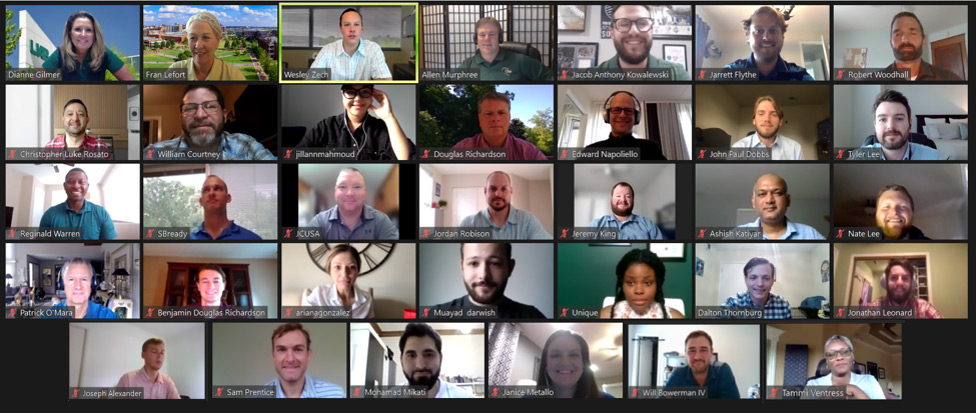
The Boot Camp experience marks the official start of a track of study in which students will take five semesters of online graduate courses to earn a Master of Engineering (MEng) degree with a concentration in CEM. The 19-month degree is offered through the Department of Civil, Construction, and Environmental Engineering (CCEE) and the incoming cohort of students who attended the fall 2021 occasion are pictured above.
This is the 27th formal Boot Camp held by CEM since its inception as an online program in 2009. Since then, CEM has continued to thrive with over 686 alumni, and has received national recognition by US News and World Report for excellence in online engineering education. The University of Alabama at Birmingham School of Engineering was ranked No. 1 in the nation for its online construction engineering management concentration in the Master of Engineering Program, according to the 2020 Online College Rankings Consensus. In previous years, the degree program ranked in the top ten by Online Masters for one of the best online master’s in construction management, and also recognized by the Affordable Colleges Online for affordability in online engineering education.
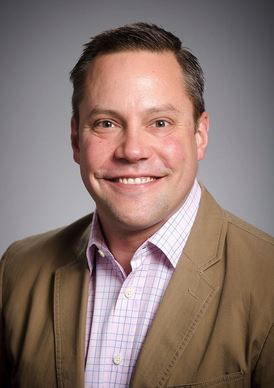 Dr. Wesley ZechTo begin the morning session, Dr. Wesley Zech, CEM Director and CCEE interim Chair, congratulated the new students for being accepted into the graduate program. Dr. Zech says, "By earning an advanced degree in CEM you will be well positioned to capitalize on many different future career opportunities. The construction industry has about 680,000 employers, 7.4 million workers, accounts for about 4% of the U.S. GDP, and is expected to grow further.
Dr. Wesley ZechTo begin the morning session, Dr. Wesley Zech, CEM Director and CCEE interim Chair, congratulated the new students for being accepted into the graduate program. Dr. Zech says, "By earning an advanced degree in CEM you will be well positioned to capitalize on many different future career opportunities. The construction industry has about 680,000 employers, 7.4 million workers, accounts for about 4% of the U.S. GDP, and is expected to grow further.
I am excited for you to begin your graduate education and that you have selected UAB as the institution to provide that real-world educational knowledge in the field of construction, engineering, and management."
Zech briefly introduced the CEM faculty, staff, and others that would present during the two-day gathering.
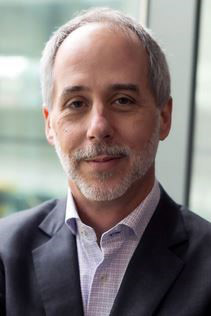 Dr. Jeffrey HolmesDr. Jeffrey Holmes, M.D., the Dean of the School of Engineering, welcomed the cohort saying, "We are very glad to have you with us today. The CEM program is our highest ranked educational program of any within the School of Engineering. It was ranked first for the best Construction Management online program by College Consensus, so we are very proud of our success.
Dr. Jeffrey HolmesDr. Jeffrey Holmes, M.D., the Dean of the School of Engineering, welcomed the cohort saying, "We are very glad to have you with us today. The CEM program is our highest ranked educational program of any within the School of Engineering. It was ranked first for the best Construction Management online program by College Consensus, so we are very proud of our success.
Birmingham is a real hub in the construction industry and most of our undergraduate’s intern with these in town companies. This industry support has helped shape our identity as a university and who our students are, including our online graduate students. I look forward to what each of you will do within the CEM program and beyond.
I am going to stick around and listen to student introductions to learn more about you."
Zech then asked that each student introduce themselves, state where they are from or currently located, and to give a few words that describes who they are. This allows students to connect with their peers, encourages collaboration during the term, and to network throughout the program duration.
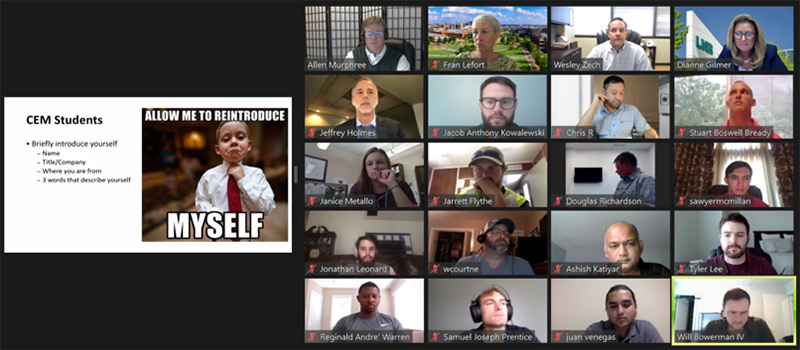
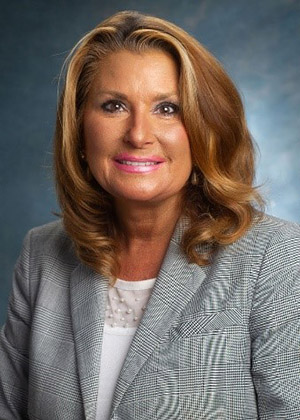 Ms. Dianne GilmerMs. Dianne Gilmer, CEM Director of Student Affairs, discussed the overall 19-month CEM Experience. The diverse group in this fully online program learned what they can expect from the CEM degree program, what CEM expects from each graduate student, UAB policies and the Academic Honor Code, the CEM student attrition rate, time management skills, and other helpful guidance to promote student success.
Ms. Dianne GilmerMs. Dianne Gilmer, CEM Director of Student Affairs, discussed the overall 19-month CEM Experience. The diverse group in this fully online program learned what they can expect from the CEM degree program, what CEM expects from each graduate student, UAB policies and the Academic Honor Code, the CEM student attrition rate, time management skills, and other helpful guidance to promote student success.
According to Gilmer, "This was CEM’s fourth virtual Boot Camp since Covid-19 forced us online. It’s amazing to see how comfortable the students are in the online setting. Due to the pandemic, almost all meetings have been moved online. The awkwardness and lack of protocol that once existed, are no longer issues. Being online also saves the students time and money because they do not have to travel to Birmingham. We feel it’s a real win-win, students can meet the CEM Faculty and Staff, as well as, their peer group from anywhere in the world in the comfort of their own home or office."
Students were asked by Zech what motivates them to pursue a graduate education. The polling software used captured the student’s anonymous responses from their devices and a few are shown below:
- “Career advancement”
- “Professional improvement”
- “Job security”
- “Advanced knowledge”
- “Salary increase”
- “Mobility”
- “Family”
- “New career path”
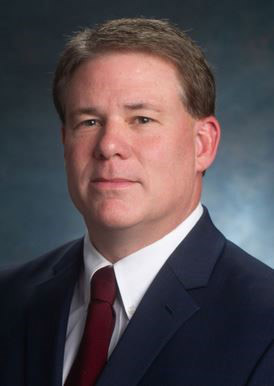 Mr. Allen MurphreeMr. Allen Murphree, CEM Instructor, offered students an introduction to technology and computers, and ways to be successful in the fully online CEM program. He provided a brief discussion and some examples regarding the navigation of the Canvas Learning Management System (LMS), weekly course content for lecture notes, recorded lectures, procedures for online assignment submissions, and notification settings.
Mr. Allen MurphreeMr. Allen Murphree, CEM Instructor, offered students an introduction to technology and computers, and ways to be successful in the fully online CEM program. He provided a brief discussion and some examples regarding the navigation of the Canvas Learning Management System (LMS), weekly course content for lecture notes, recorded lectures, procedures for online assignment submissions, and notification settings.
In addition, Murphree explained proper communication methods through the use of discussion boards and student UAB email addresses. He also conveyed the importance of good computer organization, required computer equipment and system requirements, scheduled computer updates and maintenance, the installation of required educational software, and who students should contact for technical support.
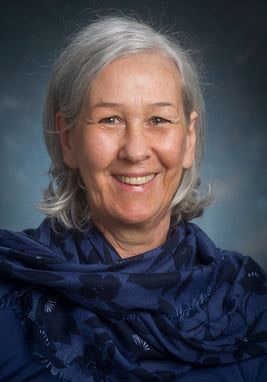 Ms. Fran LefortMs. Fran Lefort, CEM Instructional Designer, provided more detailed information regarding the Canvas course shell navigation, the location and benefits of the dynamic syllabus, upcoming assignments and how to receive calendar reminders, and ways to enter the virtual classroom.
Ms. Fran LefortMs. Fran Lefort, CEM Instructional Designer, provided more detailed information regarding the Canvas course shell navigation, the location and benefits of the dynamic syllabus, upcoming assignments and how to receive calendar reminders, and ways to enter the virtual classroom.
She then walked students through the hands-on process of actually entering their current online CEM classes, demonstrated an example of a Zoom live class session, and methods to play recorded lectures. The graduate students were then asked to actually complete their first sample assignment and sample assessment, and to submit each to the Canvas submission link.
Finishing the morning session, Lefort discussed the importance of the online examination proctoring procedures, how to create an account, methods to schedule a midterm and final examination appointment, steps to install the required proctoring software, and how students can verify their internet upload and download speeds.
 Dr. Jason KirbyDuring the start of the afternoon session, Dr. Jason Kirby began reviewing course content for the sustainability and green building practices course. Kirby defined the fundamental nature of sustainability and what qualifies as a green building material. By conducting a hands-on exercise about houses, he helped students understand the importance of Leadership in Energy and Environmental Design (LEED) principles and development as it relates to building size and scale, solar orientation, materials and color selection, and other energy saving technology. Kirby also talked about the design priority differences between an architect and an engineer, where one was concerned about function and aesthetics, and the other focusing on whether the structure would be strong and not fail.
Dr. Jason KirbyDuring the start of the afternoon session, Dr. Jason Kirby began reviewing course content for the sustainability and green building practices course. Kirby defined the fundamental nature of sustainability and what qualifies as a green building material. By conducting a hands-on exercise about houses, he helped students understand the importance of Leadership in Energy and Environmental Design (LEED) principles and development as it relates to building size and scale, solar orientation, materials and color selection, and other energy saving technology. Kirby also talked about the design priority differences between an architect and an engineer, where one was concerned about function and aesthetics, and the other focusing on whether the structure would be strong and not fail.
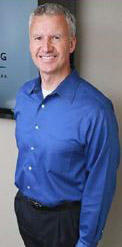 Mr. Pat O'MaraFinishing day one, students received public speaking training from professional speaker and author Mr. Pat O’Mara. O’Mara covered “The Top Ten Ways to Present like a Pro”, which addresses things like various types of introductions, verbal and non-verbal presentation content, posture, eye contact, tone and inflection, overcoming nervous anxiety, time management, using visual aids, and understanding your audience.
Mr. Pat O'MaraFinishing day one, students received public speaking training from professional speaker and author Mr. Pat O’Mara. O’Mara covered “The Top Ten Ways to Present like a Pro”, which addresses things like various types of introductions, verbal and non-verbal presentation content, posture, eye contact, tone and inflection, overcoming nervous anxiety, time management, using visual aids, and understanding your audience.
O’Mara also had students participate with a few fun group exercises that demonstrated how to monitor audience behavior, capturing and maintaining their attention while presenting, handling questions, and ending the presentation.
Students began day two presenting their live “icebreaker” presentations, which is just one of many public speeches required during the CEM curriculum. The construction industry relies heavily on good oral communication skills and on a daily basis. In general, the presentations were very interesting and students correctly implemented the public speaking techniques learned during day one.
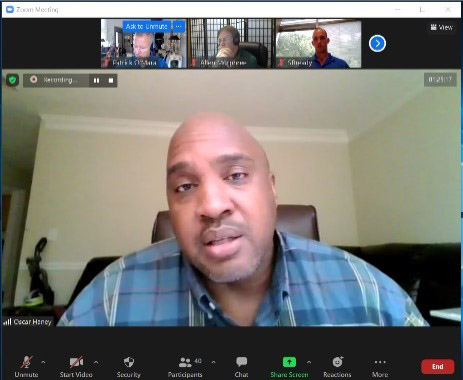 Overall, the virtual online orientation was a successful event and well received by everyone. According to Gilmer, “There are many benefits students take away from the weekend. As mentioned earlier, they get to interact with UAB personnel and their peers, as well, becoming orientated on Canvas, program expectations, and other suggestions to help them achieve academic success. Throughout this educational journey, students will learn about relevant, real-world topics, receive training on several industry-standard software programs, be encouraged to critically think and problem solve, and develop enhanced time management skills. We promise to meet students where they are and help them achieve their career goals, their aspirations, and to stand out in the global marketplace.”
Overall, the virtual online orientation was a successful event and well received by everyone. According to Gilmer, “There are many benefits students take away from the weekend. As mentioned earlier, they get to interact with UAB personnel and their peers, as well, becoming orientated on Canvas, program expectations, and other suggestions to help them achieve academic success. Throughout this educational journey, students will learn about relevant, real-world topics, receive training on several industry-standard software programs, be encouraged to critically think and problem solve, and develop enhanced time management skills. We promise to meet students where they are and help them achieve their career goals, their aspirations, and to stand out in the global marketplace.”
The cohort was asked what they liked most about attending the virtual Boot Camp. The polling software recorded some of the responses as shown below:
- “I feel more comfortable with my peers and knowing what to expect in the classroom.”
- “This program has a family feel to it.”
- “Lots of experienced professionals to learn from, students, and faculty.”
- “What the expectations are and how to stay organized.”
- “Getting to know classmates and instructors.”
- “The direction that was given to navigate the systems like Canvas, Proctor U, etc.”
- “I am excited to begin and feel more prepared to enter the program.”
- “Some expectation, some tips for successful practices, and lots of things not to do.”
Closing out the event, Zech made the following comment about the student responses, “Boot Camp is designed to provide the relevant information needed for you to successfully hit the ground running once the semester begins, and it is great to see that you all perceive Boot Camp as a beneficial event.
Remember that the time invested in yourself now will pay dividends in the future as it pertains to your career growth potential, so I encourage you all to devote the time necessary to perform well in all of your courses.
Congratulations again and I will see you in class!”